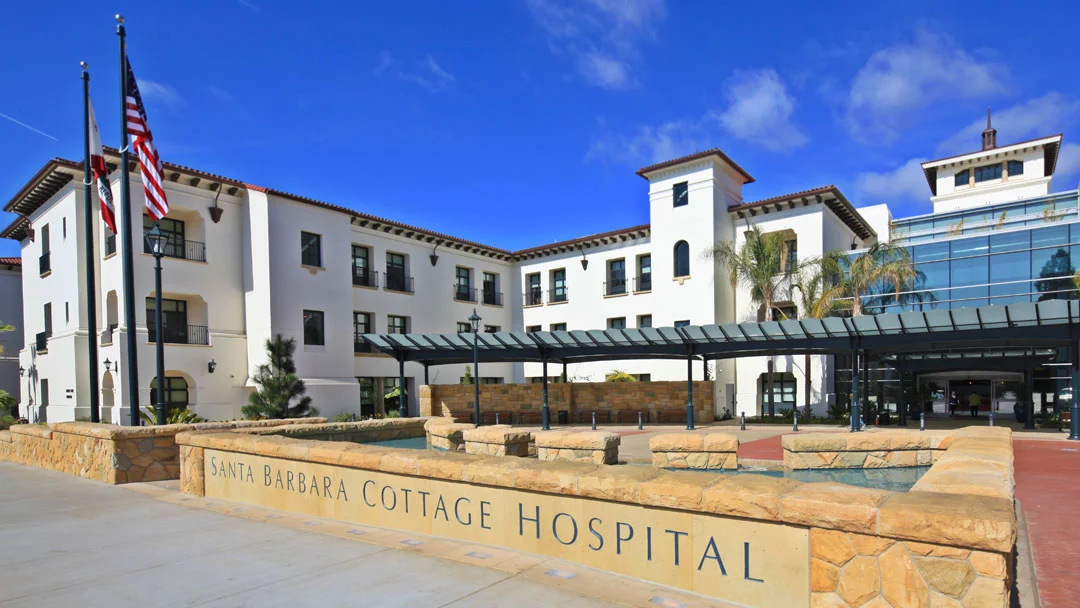The Cottage Residential Center, located in Santa Barbara, California, focuses in treating substance use disorders and provides a supportive atmosphere for adults in recovery. The center offers comprehensive care, but does not clarify whether its activities are gender-specific or faith-based.
It provides a variety of services, including medical detoxification, inpatient rehabilitation, outpatient care, intensive outpatient programs, and aftercare. Cognitive-behavioral therapy, group and individual therapy, mindfulness-based relapse prevention, Acceptance Commitment Therapy (ACT), and wellness activities like yoga and regular walks are all options for treatment. The Cottage Residential Center employs a collaborative approach, with a staff of registered nurses and professional therapists focusing on family support and education. It is accredited by The Joint Commission and licensed by the California Department of Health Care Services.
Cottage Residential Center Information
Treatment
Who We Treat
- Young Adults (18–25)
- Male and Female
Approaches
- 12-Step-Based
- Twelve Step
- Family Therapy
- Group Therapy
- Cognitive Behavioral Therapy (CBT)
- Motivational Interviewing
- 1-on-1 Counseling
- Medication-Assisted Treatment (MAT)
- Online Therapy
- Relapse Prevention Counseling
Conditions We Treat
- Gambling
Languages
- English
Aftercare
- Continuing Care
- Support Meetings
Level of Care
- Residential Rehab
- Aftercare/Continuing Care
Experience
Smoking and Vaping Policy
- Smoking Not Allowed
- Vaping Not Allowed
Accreditations
-
The Joint Commission
The Joint Commission's addiction and behavioral health accreditation signifies a facility's commitment to high-quality care. It involves rigorous evaluations and assessments of clinical practices, ensuring effective, evidence-based treatment. Accreditation showcases a dedication to continuous improvement and patient safety, instilling trust among patients, families, and healthcare professionals. It's a mark of excellence in addiction and behavioral health care.

-
Commission on Accreditation of Rehabilitation Facilities (CARF)
CARF accreditation is a prestigious recognition for rehabilitation and human service organizations. It signifies that an organization meets high-quality standards and is committed to providing top-level care. CARF conducts rigorous evaluations to ensure compliance, enhancing an organization's credibility and reassuring clients and funders of exceptional service quality. This accreditation promotes excellence and continual improvement in the rehabilitation and human services field.

Additional Locations
Cottage Residential Center Accepts The Following Insurance Plans
Find the best treatment options. Call our free and confidential helpline today!






















